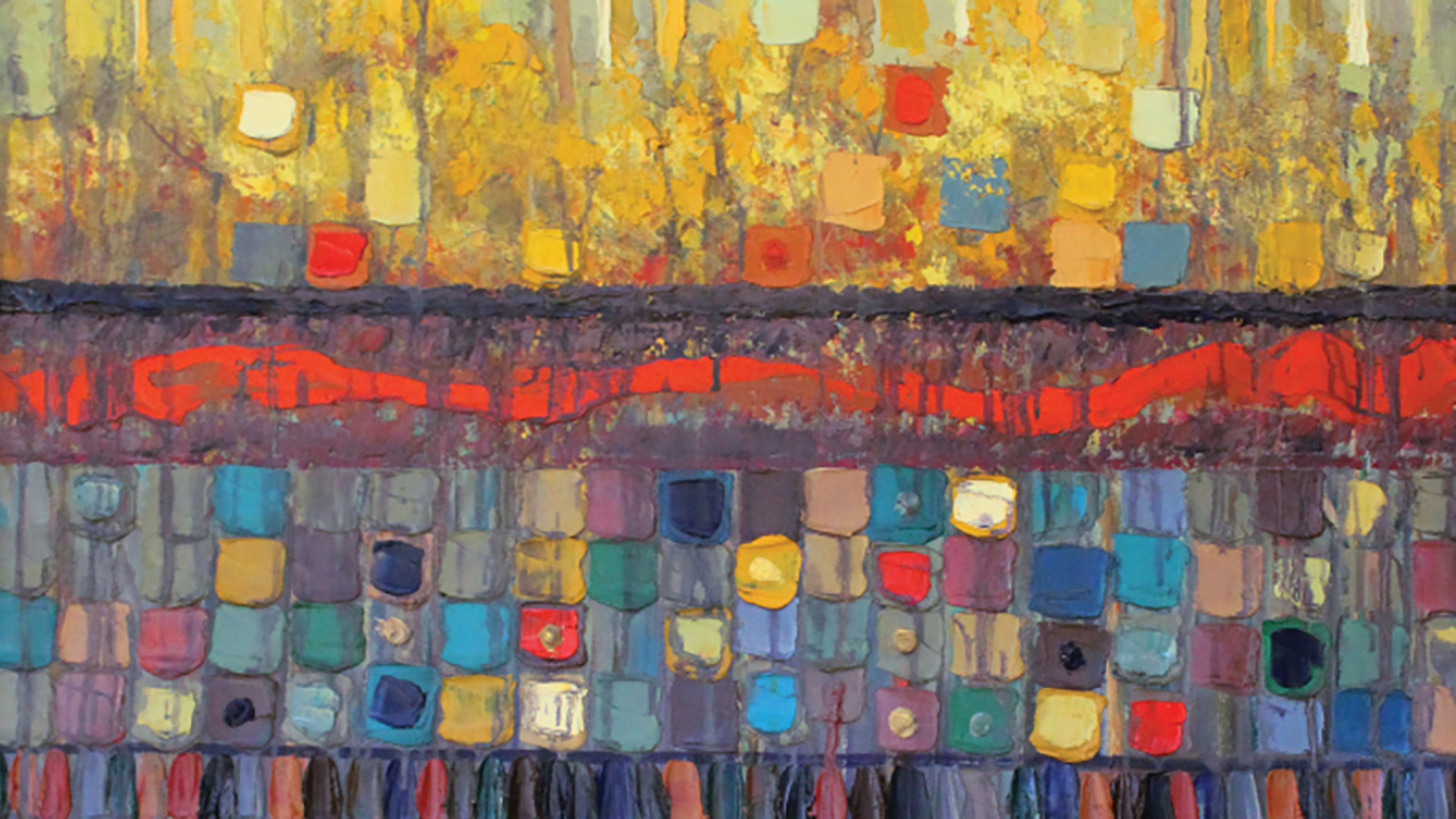Armenia in the Post-Soviet Period and Current Issues of War and Peace in the Armenian World
Armenian Studies Lecture Series
Event Slider
Date
- / Cancelled / Sold out
Location
Room 1 Calouste Gulbenkian FoundationThe political history of post-Soviet Armenia is the topic of this lecture by Prof. Anna Ohanyan. The key issues of state formation, political hybridity of regime type, the ethnic conflict in Nagorno-Karabakh, democratic aspirations and fragility, as well as Armenia’s current state of nascent democracy after the Velvet Revolution in 2018 is analysed.
While the presentation identifies forces and factors specific to Armenia and Armenians, it also shows how Armenia’s “story” as a small state and a nascent democracy is a global story of great power rivalry perennially challenging institutional consolidation of small states in fractured regions.
It illustrates Armenia’s global trajectory in the frontlines of imperial collapse in Russia and concurrent neo-imperial aspirations of contemporary Turkey. The challenges of state-building in fractured regions also offers a new framework through which Eurasian politics after the Russian invasion of Ukraine can be analysed.
The School of Arts and Humanities of the University of Lisbon, the Calouste Gulbenkian Foundation (Armenian Communities Department), and the Portugal-Armenia Friendship Association have teamed up to offer a five-part series of bi-weekly lectures on the Armenian people. This is the first such initiative in Portugal. The lectures, delivered in English by international experts, introduce the rich history and culture of the Armenians, one of the oldest people in the world, to the academic community in Portugal, as well as to the interested public.
Speakers
-
Anna Ohanyan
Anna Ohanyan is Richard B. Finnegan Distinguished Professor of Political Science and International Relations at Stonehill College in Massachusetts, and a Nonresident Senior Scholar in the Russia/Eurasia Program at the Carnegie Endowment for International Peace. She is a two-times Fulbright Scholar, and an author and editor of five books and numerous academic articles.
Her most recent book is The Neighborhood Effect: The Imperial Roots of Regional Fracture in Eurasia (Stanford UP, 2022). Ohanyan is the recipient of the 2022 Michael Horne Award for Distinguished Faculty Scholarship at Stonehill College, as well as ASN’s 2023 Huttenbach prize. She regularly contributes to various media outlets, policy journals and consults US and international organisations.
The Calouste Gulbenkian Foundation reserves the right to collect and keep records of images, sounds and voice for the diffusion and preservation of the memory of its cultural and artistic activity. For further information, please contact us through the Information Request form.

